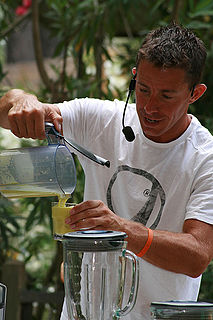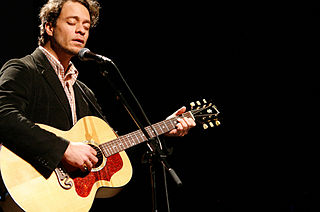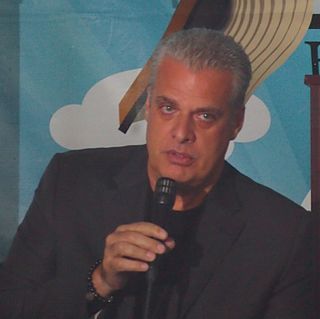A Quote by Kimbal Musk
Strong communities are built around local, real food. Food we trust to nourish our bodies, the farmer and planet.
Related Quotes
Cooking is a holistic process of planning, preparing, dining and sharing food. I place food at the center of our humanity, as it nourishes not only our physical bodies but also our emotional and spiritual lives. Food is truly a cultural phenomenon that informs our traditions and our relationship with the earth. I genuinely believe that food connects us all.
I think more and more foundations are putting resources into food activism. But I think that given the state of the economy, foundations won't be giving as much in general. For me it's about working with these existing institutions in communities that people already go to, that people trust, that they know, and determining how best they can play a role in the creation of local food systems and address the ills that are right around them in the community.
Anybody interested in solving, rather than profiting from, the problems of food production and distribution will see that in the long run the safest food supply is a local food supply, not a supply that is dependent on a global economy. Nations and regions within nations must be left free and should be encouraged to develop the local food economies that best suit local needs and local conditions.
Many families participate in the Community Supported Agriculture movement, which allows a family to buy shares in a farmer's produce so that they know where their food is coming from, and they can take their families out and see the farm and meet the farmer. That movement has helped create a new culture around food.
I think as individuals, people overrate the virtues of local food. Most of the energy consumption in our food system is not caused by transportation. Sometimes local food is more energy efficient. But often it's not. The strongest case for locavorism is to eat less that's flown on planes, and not to worry about boats.
Let's share our abundance and make our country stronger. We can encourage programs that collect and distribute excess prepared food to local organizations that are helping the hungry in our own communities. We can also support programs that supply commodities to food banks. It's all part of committing our country's wealth and resources to end childhood hunger.
































